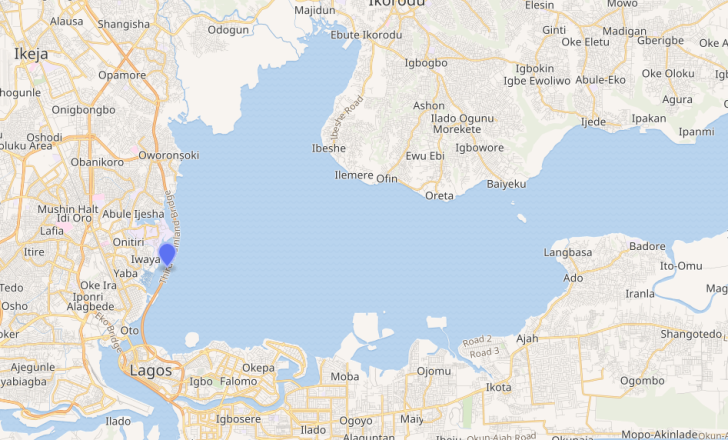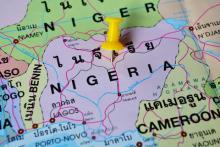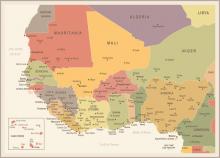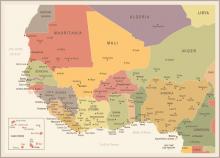
The Lagos state government in Nigeria has shortlisted three bidders for construction of the US$2.5 billion Fourth Mainland Bridge project, to be a public-private partnership contract.
Portugal-based Mota-Engil in partnership with China Communication and Construction Corporation (CCCC) and China Road and Bridge Corporation (CRBC) is one of the three consortia in the running for the 38km project.
The other two are a joint venture of China Gezhouba Group Corporation (CGGC) and China Geo-Engineering Corporation (CGC) and a consortium led by China Civil Engineering Construction Corporation (CCECC).
The Fourth Mainland Bridge will connect Lagos Island via the towns of Lekki, Langbasa and Baiyeku and across Lagos Lagoon to Itamaga in Ikorodu. It will comprise an eight-lane carriageway with three toll plazas, nine interchanges and a 4.5km lagoon bridge and is expected to relieve the region’s notorious ‘go slow’ traffic congestion.
The 12km Third Mainland Bridge, opened in 1990, is the longest of three bridges connecting Lagos Island to the mainland. The others are the Eko and Carter bridges.
The Eko Bridge, opened in 1975, starts from Ijora on the mainland and ends at the Apongbon area of Lagos Island. The lagoon section of the bridge spans 430m.
The Carter Bridge, opened in 1901, was, at the time of its construction, the only bridge between the mainland and Lagos Island. The bridge starts from Iddo on the mainland and ends at Idumota area of Lagos Island. It was named after Sir Gilbert Thomas Carter, a former British governor of the colony of Lagos.
Meanwhile, the federal government has said that it, along with the International Development Association (IDA) and the French Development Agency (AFD), will invest around $575 million on rural roads in 19 states across Nigeria. The government is to contribute $65 million, while IDA will put in $280 million and the AFD put in $230 million. The money will go towards improving agricultural marketing, food production and road maintenance.








